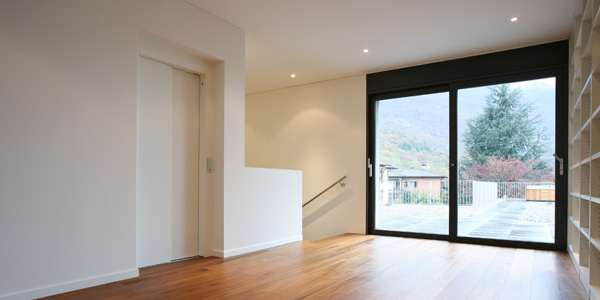There were over one thousand knowledgeable financial advisors in the room that day when Don Blanton, founder of the “Circle of Wealth” community, took the stage and said this:
“You Finance Everything You Buy!”
You could hear a pin drop in that enormous room. He smiled, he paced and explained this profound notion. This one financial principle determines most people’s financial destiny and dictates how everyone you know lives in today’s economic reality.
Don explained, “Cash is a leverageable asset, a tool that feeds your family, keeps a roof over your head and determines your lifestyle. When we buy anything, we finance that purchase either with our own money, or we use someone else’s money. Either way, every purchase is financed.”
Cash Allocation is King
When you buy a car with cash, say $40,000, you are financing the car with your money, cash from your own banked reserves. When you do this, you are acting as the bank, at the cost to you of the lost opportunity of that $40,000 and its potential in the market, now and over time.
Or, when you finance that car for seven years with the bank’s money, you retain the $40,000 in cash and all of it’s potential over the next seven years. When you do this, the cost to you is 84 payments of approximately $600.
Whatever you buy, you either finance it with your money or someone else’s.
When purchasing a home, the stakes are much higher, and the long-term consequences of how you finance it are significantly more profound.
In my 35 years of financing homes, the single biggest mistake we see people make is the lack of thought they put into how best to pay for it. For Boomer homebuyers and for people already in their forever home, the impact of a bad home finance decision can have dire long-term consequences!
These bad consequences include:
- Running out of money, at the time they are most vulnerable
- Inadequate cash flow to meet the rising costs of living
- Living without a buffer account to meet unexpected expenses
- Living in fear and stress, because of poor and misinformed cash planning
The decisions people make in their 60’s and 70’s about how best to leverage Home Equity, and Liability Management will greatly impact their financial security in their 80’s and 90’s. As industry professionals who advise families on how best to meet the financial challenges people face as they age, we must do a more thorough job of analyzing the illiquid Equity sitting idle in the home.
…housing is the most personal, and largest asset they own, and the largest expense through retirement.
It was Victor Hugo who said, “Nothing is more powerful than an idea whose time has come.” When applied to the use of Home Equity in the retirement income planning process, this powerful quotation is more than a shift in the battlefield of ideas, because time is no longer our ally.
…it’s a new arena of collaborating minds rethinking entrenched, outdated practices.
Collective Home Equity for those 62 and better, has climbed to $12.39 Trillion. This fortress of housing wealth has become a financial barricade that threatens the future security of this country and the clients we serve.
Today, it’s paramount that every Financial Advisor offering retirement solutions have a Home Equity Conversion Mortgage Specialist, whom they trust to call on one who has a seat at your table of experts, who can help demonstrate how best to leverage Housing Wealth, by safely converting home equity into cash.
The time to use home equity is now, as part of a Comprehensive plan, to:
- Protect and extend the life of the Portfolio
- Increase monthly cash flow to deal with the rising costs of living
- Provide a tax-free buffer account of cash, to manage unexpected costs
We all recognize this country is on the front edge of a retirement crisis, the likes of which we have never seen before.
We are either going to be a part of the solution, or part of the problem. We can no longer afford to look the other way and allow clients to carry a mortgage payment into retirement or worse yet, ignore the consequences while they sit on hundreds of thousands of dollars of untapped home equity.
Home equity, when leveraged prudently in coordination with a comprehensive retirement income plan, will dramatically change the future security of those people you serve. The clients you care so deeply about, are counting on you to provide them with the best advise so they can retire with confidence, knowing they are utilizing all the assets they worked so hard to create for themselves.
It is the advisor’s responsibility to become comfortable discussing all matters of housing in retirement planning. It is now vital to include Home Equity Conversion, as an essential component of a secure and confident future for your clients.
This is a Critical Idea and, it’s Time Has Come!
Find out more about smart, safe and sensible housing wealth strategies in retirement by clicking on the link below, or simply call me for an introductory conversation about your practice, and how we can collaborate to better serve those clients you have dedicated your life’s work to serving.
Paul Donohue
Area Manager
Reverse Mortgage Specialist
NMLS #68305
336-254-3027
A Final Game Changing Thought: For your clients, Financial Success throughout retirement will be directly proportional to how much net-spendable-cash flow they control. Home Equity Conversion provides your clients with an additional tank of tax-free cash, to enhance the whole retirement plan, and confidently embrace the challenges and opportunities in retirement today.









